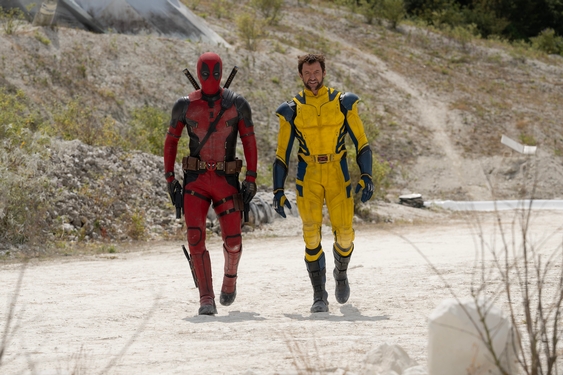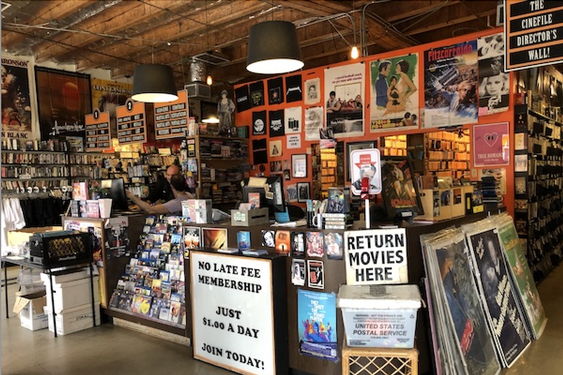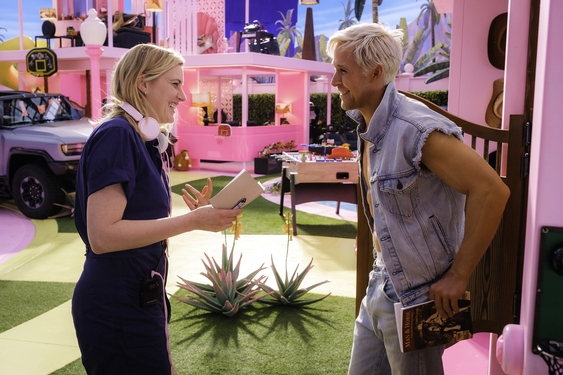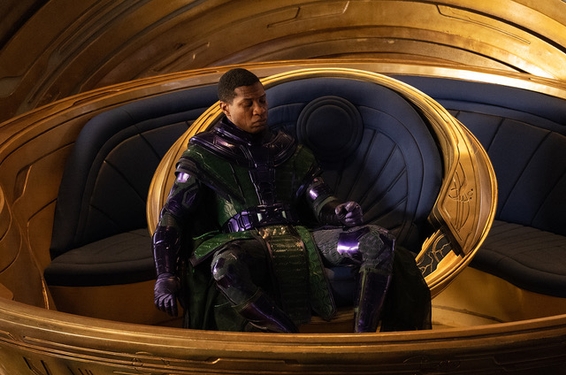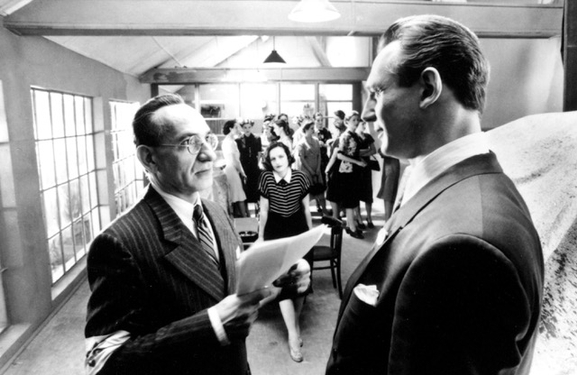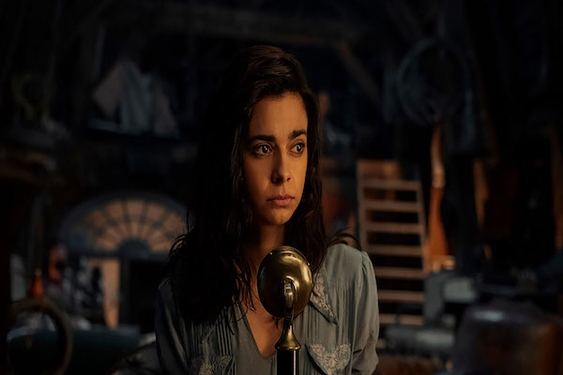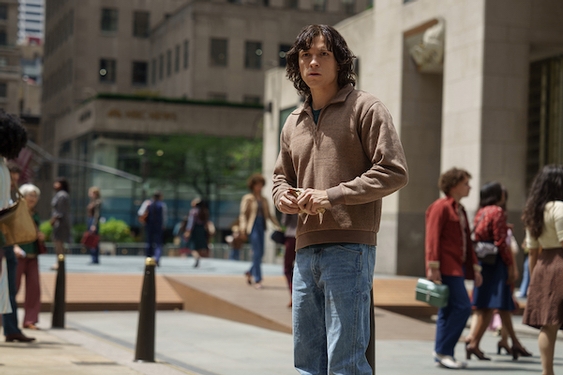
Switch opens with Dr. Scott Tinker, an affable-looking energy expert, in an airy building with walls decorated by church-like stained glass windows. Bright and serene, it’s hard to tell that he is in a power plant built inside a mountain in Norway, which, for 70 years, has maintained a nearly perfect electric system out of an abundant natural resource: water.
So there is indeed a way to produce energy from something as clean and renewable as what covers about 70 percent of the Earth. Dr. Tinker then asks the question that propels the rest of the documentary: How long would the rest of the world take to make the switch?
Unpredictable and fluctuating, gas prices remain a popular topic during presidential elections. This campaign season is no exception. After all, as the film informs, oil spikes preceded six out of the last seven recessions.
“You know, I think they are both likely to make questionable decisions,” Switch documentarian Harry Lynch laughed when asked during a phone interview whether one candidate is better than in regards to the enery issue.
“Drilling in the Arctic is a really bad idea,” said Lynch, referring to Mitt Romney’s push for energy independence, an approach interpreted by Natural Resources Defense Council director Heather Taylor-Miesle as “nothing more than drill, baby drill with a nice haircut.”
On the other hand, “so is utility-scale solar point,” Lynch added pertaining to the current president’s focus on alternative energy resources. This particular technology would concentrate solar power for bigger scale applications.
“There are a lot of bad ideas that are based on ideologies, not on practical facts,” said Lynch.
Here is where Switch comes in. The documentary takes a scientific approach in explaining energy and its two major purposes: electricity and transportation. Lynch traveled to 11 countries and 26 world-leading energy sites filming Dr. Tinker, the director of the Bureau of Economic Geology and the State Geologist of Texas.
Camera on hand and a smile on their face (particular among the most patient and passionate professors), they take the audience to faraway places, like India’s vehicle-crowded streets. They explained that what soon will be the most populated nation in the world makes more cars than the United States, all of them running on oil.
Back at home, Lynch and Tinker go to major cities where fracking (a technology that utilizes chemical-infused water to extract natural gas from the ground) remains a controversial issue.
The first goal of Switch, Lynch said, is “to move the energy conversation from polarized to practical. Start a balanced conversation [about it].”
He added, “There are left, and there are right films. You don’t really have any that try to take a scientific-based look at energy.”
Around the world and back, Switch ends with what the director says is its second goal. It’s unpredictable and obvious (no, it doesn’t plea for you to pick up the phone and call your local congressional office). You were taught all of this in elementary school, literally: Turn off your lights when not in use. Don’t drive your car if you can walk. Energy efficiency is as simple as that.
So how can we obtain all the energy we need? What one takes away from the film is that number one: We are using a hell of a lot more than we need.
Number two (cliché drum roll please): Knowledge is power.
As anticlimactic as it may seem, audiences are left with an advice for an ending that is important but decreasingly talked about. Politics and hope for advancing technologies have convoluted everyday conversations about energy.
Switch, with its beautifully shot cinematography and enlightening scientific approach, concludes with a call to personal action, one that takes an especially louder voice fore grounded by practical knowledge. Lynch and Tinker push their audiences to care more, and not only when it’s time to fill up the gas tank.
Switch releases at Laemmle's Noho 7 from Nov. 9. to Nov. 15. For more information on show times and tickets, visit switchenergyproject.com



